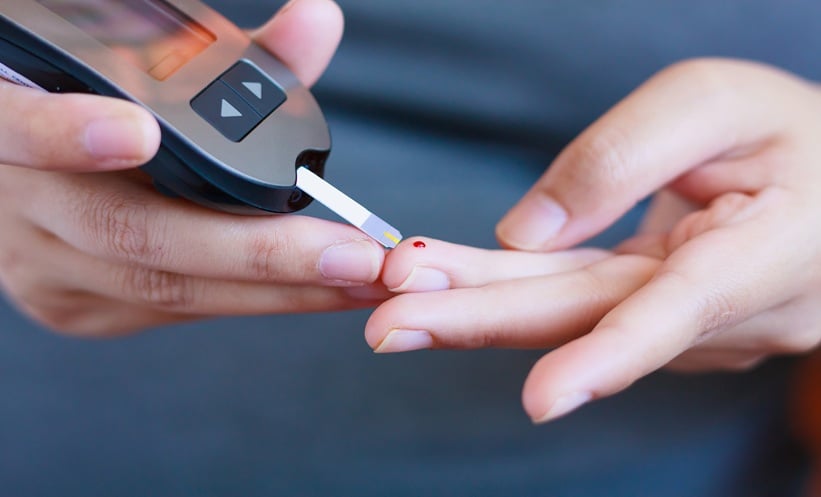A NEW study has found that engaging in moderate to vigorous physical activity during leisure time is associated with a reduced risk of Type 2 diabetes, regardless of occupational physical activity. Researchers also found that combining sedentary leisure activities with physically demanding jobs could increase the risk of developing the disease.
The prevalence of Type 2 diabetes has more than doubled globally over the past decade, posing a significant public health challenge. The findings from this study contribute to growing evidence that simple lifestyle changes, such as increasing recreational physical activity, could play a crucial role in diabetes prevention.
The research team highlighted the significance of their results. “The World Health Organization (WHO) states that physical activity helps prevent and manage noncommunicable diseases like cardiovascular diseases and Type 2 diabetes. However, current WHO guidelines do not specify whether physical activity should take place during work or leisure time,” they explained. “Our findings indicate that while leisure-time exercise has a strong protective effect against Type 2 diabetes, physical activity at work does not provide the same benefits.”
The study, based on data from 5,866 working adults aged 30-60 in Denmark’s Inter99 cohort, examined participants’ physical activity levels and diabetes status over several years. The data were sourced from the Danish Diabetes Register, covering cases from 1996 to 2020. Researchers found that:
- Moderate to vigorous leisure-time physical activity significantly lowered the risk of Type 2 diabetes.
- Strenuous physical activity at work was linked to incident diabetes, but the association was not statistically significant.
- A combination of sedentary leisure activities, such as watching television or reading, with physically demanding jobs increased the risk of Type 2 diabetes.
- Leisure-time exercise, regardless of occupational activity levels, was consistently protective against developing the disease.
The team noted that the WHO’s current recommendations may inadvertently mislead people into believing that physical activity at work is sufficient to meet health guidelines. “Our findings, alongside other studies, highlight that only leisure-time physical activity appears to reduce the risk of Type 2 diabetes and other serious health conditions,” they noted.
These results reinforce the importance of incorporating moderate to vigorous recreational exercise into daily routines, regardless of job-related physical activity levels. The study provides further support for public health policies promoting active lifestyles to combat the growing diabetes epidemic.
Reference
Stage A et al. The physical activity health paradox in type 2 diabetes. Am J Prev Med. 2025;68(3):545-54.








